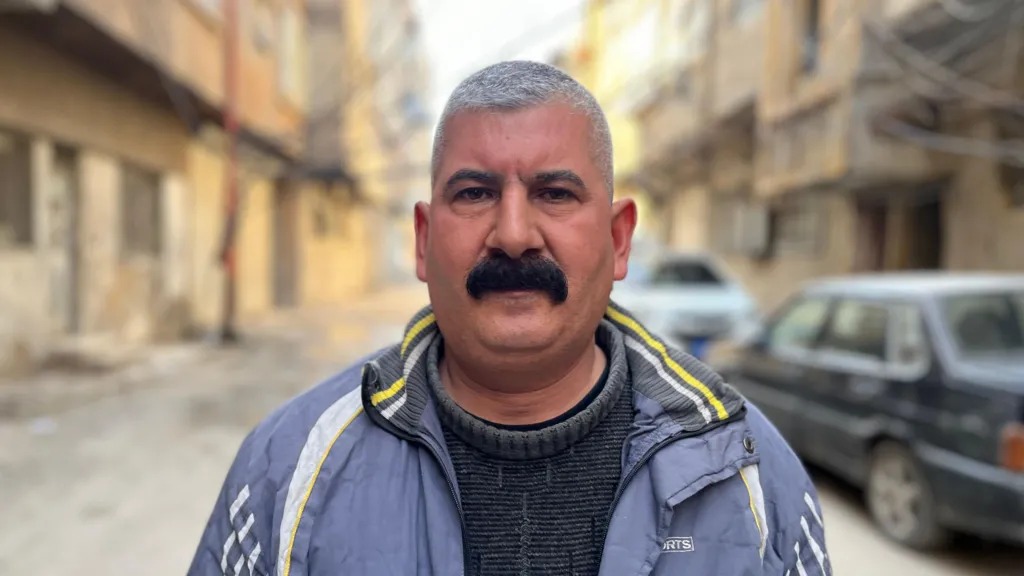
‘I Want Justice’: Syria Chemical Attack Victims Speak Freely
For the first time, survivors of the devastating 2018 Douma chemical attack in Syria are sharing their stories without fear. Tawfiq Diam, who lost his wife and four children during the attack, recalls the day with pain and anger. “If I’d spoken out before, Assad’s forces would have killed me,” he says.
On April 7, 2018, Douma, a suburb of Damascus, was struck by two yellow cylinders releasing chlorine gas. According to the Organisation for the Prohibition of Chemical Weapons (OPCW), the attack was launched by a Syrian Air Force helicopter, killing at least 43 people. Survivors, however, claim the death toll exceeded 100.
Survivors of Douma’s 2018 Chemical Attack Break Silence
Tawfiq recalls the horrific scene vividly. “There was a foul smell; yellow foam came from people’s mouths. My children were choking,” he says. Though he survived after a 10-day hospital stay, the memory of his family haunts him daily.
Another survivor, Khalid Naseer, lost his pregnant wife and two young children. “The world knows Assad is a liar who killed his people. My wife was killed two days before giving birth,” he says, his voice shaking with grief.
Demand for Justice and Investigation into Chemical Attacks
Eastern Ghouta, where Douma is located, endured relentless bombardment during Syria’s civil war. Chemical weapons, banned under international law, were repeatedly used to suppress rebel forces. Douma’s victims say their stories were silenced when Assad’s regime reclaimed the area shortly after the attack.
Khalid and Tawfiq took journalists to a site they believe to be a mass grave for victims of the attack. Pieces of bone protrude from the ground, but they haven’t been able to dig up the remains. “This is the first time I’ve been here. If I came earlier, they would’ve executed me,” Tawfiq explains.
Now, survivors are calling for fresh investigations into the attack. Khalid alleges that the testimony collected by the OPCW fact-finding mission in 2019 was unreliable. Abdul Rahman Hijazi, an eyewitness, corroborates this claim. He says regime officials coerced him into lying, threatening his family’s safety.
Calls for Accountability and Global Action
Between 2013 and 2018, Human Rights Watch documented at least 85 chemical weapons attacks in Syria, primarily attributed to Assad’s forces. While the regime denies these allegations, international bodies like the OPCW have confirmed the use of chemical agents, including sarin and chlorine.
For Tawfiq and Khalid, the fight is personal. They want the truth revealed and the remains of their loved ones properly buried. “I want justice for every parent,” Abdul Rahman adds.
The survivors’ voices underscore the urgent need for accountability in Syria’s ongoing humanitarian crisis. As they continue to demand justice, their stories shed light on the resilience of those who have endured unimaginable suffering.





